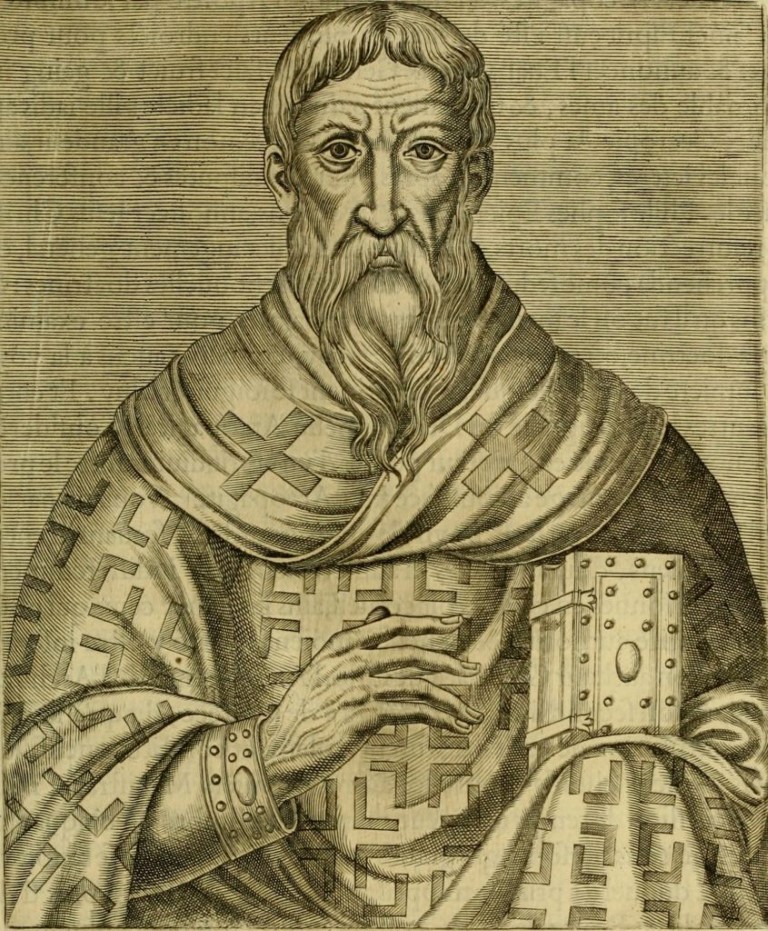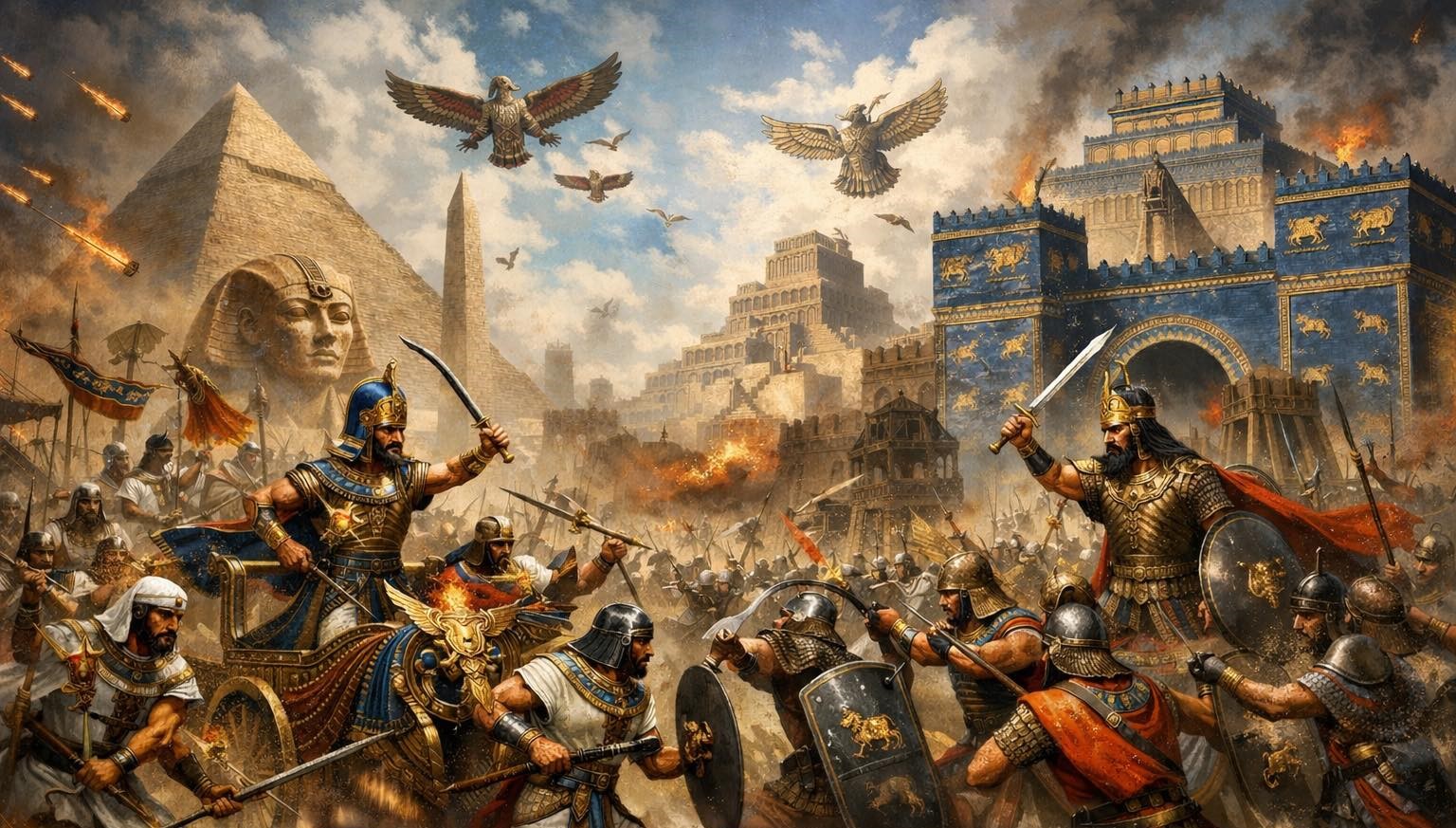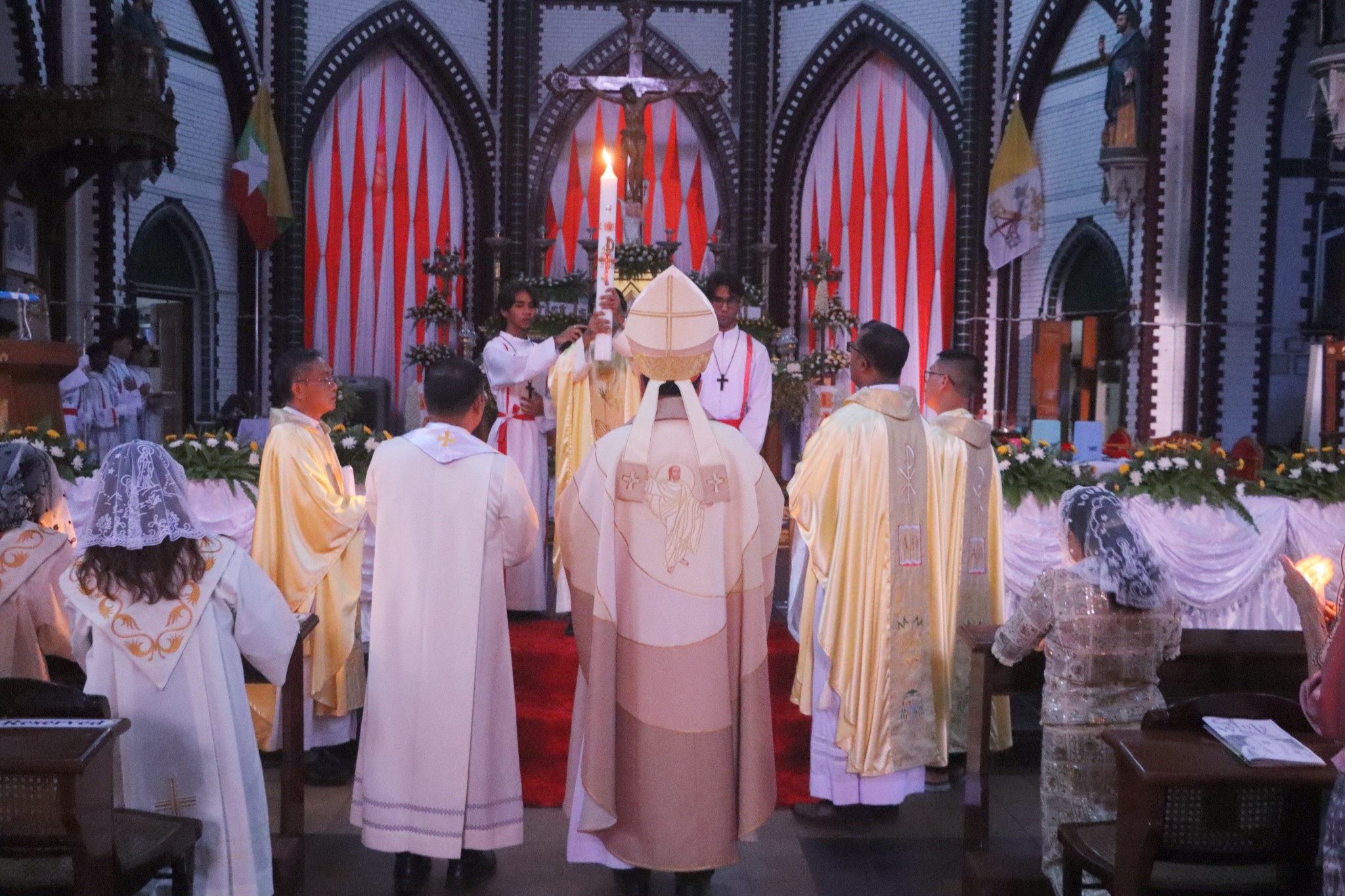– Anastasios
The stories of the Church Fathers are full of heroism, doctrine, loyalty to Christ, but of course, being from people so far in time, there are also false attributions. One of these concerns the so-called Pseudo-Dionysius the Areopagite, a writer probably from the 6th century, mistaken for Dionysius the Areopagite who was converted by St Paul (in the Areopagus) in the first century.
From him (the Pseudo-Dionysius) we have four important treatises: De divinis nominibus, De coelesti hierarchia, De ecclesiastica hierarchia and De mystica theologia. Here we can find Christian concepts mixed with neoplatonic philosophies. But we need to say that the works of the Pseudo-Dionysius were highly considered in the Middle Age, especially by Saint Thomas Aquinas.
Of the Pseudo-Dionysius it was said: “The doctrinal attitude of the Pseudo-Areopagite is not clearly defined. A certain vagueness, which was perhaps intended, is characteristic of his Christology, especially in the question concerning the two natures in Christ. We may well surmise that he was not a stranger to the latter, and rather modified, form of Monophysitism and that he belonged to that conciliatory group which sought, on the basis of the Henoticon issued in 482 by Emperor Zeno (Evagrius, Hist. Eccl., III, iv), to reconcile the extremes of orthodoxy and heresy. This reserved, indefinite attitude of the author explains the remarkable fact that opposite factions claimed him as an adherent. As to his social rank, a careful comparison of certain details scattered through his works shows that he belonged to the class of scholars who were known at the time as scholastikoi” (Stiglmayr, J. “Dionysius the Pseudo-Areopagite,” in The Catholic Encyclopedia: http://www.newadvent.org/cathen/05013a.htm).
In his treatise on the Divine Names, Pseudo-Dionysius began: “Now then, O Blessed One, after the Theological Outlines, I will pass to the interpretation of the Divine Names, as best I can. But, let the rule of the Oracles be here also prescribed for us, viz., that we shall establish the truth of the things spoken concerning God, not in the persuasive words of man’s wisdom, but in demonstration of the Spirit-moved power of the Theologians, by aid of which we are brought into contact with things unutterable and unknown, in a manner unutterable and unknown, in proportion to the superior union of the reasoning and intuitive faculty and operation within us. By no means then is it permitted to speak, or even to think, anything, concerning the superessential and hidden Deity, beyond those things divinely revealed to us in the sacred Oracles.”
Benedict XVI (May 14, 2008) has also spoken about our mysterious writer: “(A)lthough this author’s theology is, so to speak, ‘supra-personal,’ truly ecclesial, we can place it in the sixth century. Why? The Greek spirit, which he placed at the service of the Gospel, he encountered in the books of Proclus, who died in Athens in 485. This author belonged to late Platonism, a current of thought which had transformed Plato’s philosophy into a sort of religion, whose ultimate purpose was to create a great apologetic for Greek polytheism and return, following Christianity’s success, to the ancient Greek religion. He wanted to demonstrate that in reality, the divinities were the active forces in the cosmos. The consequence to be drawn from this was that polytheism must be considered truer than monotheism with its single Creator God. What Proclus was demonstrating was a great cosmic system of divinity, of mysterious forces, through which, in this deified cosmos, man could find access to the divinity. However, he made a distinction between paths for the simple, who were incapable of rising to the heights of truth – certain rites could suffice for them – and paths for the wise who were to purify themselves to arrive at the pure light. As can be seen, this thought is profoundly anti-Christian. It is a late reaction to the triumph of Christianity, an anti-Christian use of Plato, whereas a Christian interpretation of the great philosopher was already in course. It is interesting that this Pseudo-Dionysius dared to avail himself of this very thought to demonstrate the truth of Christ; to transform this polytheistic universe into a cosmos created by God, into the harmony of God’s cosmos, where every force is praise of God, and to show this great harmony, this symphony of the cosmos that goes from the Seraphim to the Angels and Archangels, to man and to all the creatures which, together, reflect God’s beauty and are praise of God.”
So, even if this author is full of contradictions from a Christian point of view, nevertheless his influence in Christian thought was very important.


 Follow
Follow


